Hungary’s version of American Idol, Megasztar ended this weekend, and the winner is Viktor Kiraly, who was born an raised till age 16 in New York. Music runs in the family; both parents were musicians, sister Linda published CD’s in the US and the UK, and Viktor started his band with identical twin brother, Ben.
Here’s You Are So Beautiful by the new “Megastar”
From an earlier round, Where Do I Begin (Love Story):
And it wouldn’t be Christmas-time without Santa Claus is Coming to Town:


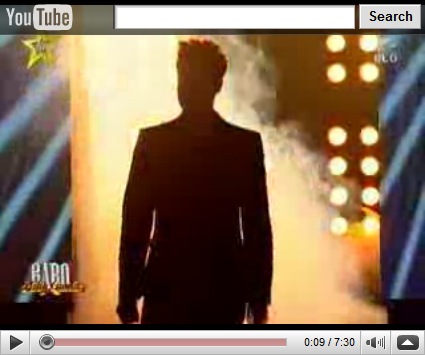
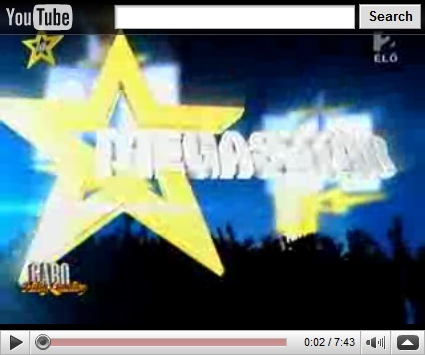

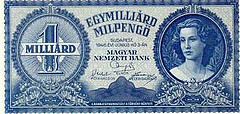
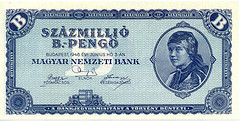
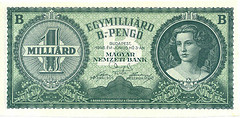


Recent Comments